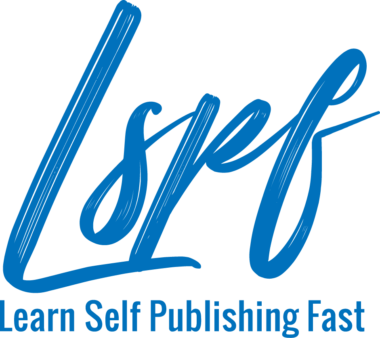So, you’ve done the hard part: writing the book. You’ve created a social media presence on all the usual platforms, and have made repeated postings about your impending pub date. You might ask yourself: What’s next?

In today’s self-publishing landscape, having the ability to self-promote is more important than ever. To help you on your promotional quest, we’ve created a list of publicity tactics that will help attract press and media outlet attention for your book.
- Write your own press release
So many publishing professionals will tell you to hire a publicist or professional technical writer to write your press release. However, let’s take a moment to consider two key facts: 1) YOU are a writer! You’ve already proven you can write by actually writing a book and 2) Who knows the book better than you, the author? A press release is simply a comprehensive overview about the book itself, so arguably who else but the author could better sum up their own product?
Check out an example of a press release here: https://s3.amazonaws.com/sns-production-uploads/press_releases/Catherine+Coulter.pdf
Websites that will distribute your press release for FREE include Free Press Release (http://www.free-press-release.com/), openPR (http://www.openpr.com/), and Express-Press-Release (http://express-press-release.net/).
- Consider your book’s niche
Perhaps your book is a space opera involving an epic battle between extraterrestrial ballerinas and venomous elephants (believe it or not, I’ve heard stranger book plots). There’s a media outlet for every genre, and tools that will help you find the right press for your book.
Free databases include US Newspaper List (http://www.usnpl.com/tnnews.php), The Internet Public Library (http://www.ipl.org/div/news/), MondoTimes (http://www.mondotimes.com/) and World Newspapers & Magazines (http://blog.journalistics.com/2009/free-resources-for-building-media-lists/).
Paid sites/databases include Cision (http://www.cision.com/), Easy Media List (http://www.easymedialist.com/) Media Intelligence (http://business.nasdaq.com/intel/media-intelligence/index.html), Media Contacts Pro (http://www.mediacontactspro.com/) and HARO, which also includes a Basic Free plan (http://www.helpareporter.com/sources).
- Don’t underestimate the power of hometown roots
If you’re an author from small-town USA, consider reaching out to your local newspaper, magazine, newsletter, etc. Because of your status as a community member, the local news outlets will have a built-in interest in your book and its success.
- Don’t be afraid to go “indie” in your media contacts
The “indie” publishing community is small. Anyone working in the indie/self-publishing world can sympathize with how hard it is to garner attention for your book. As such, media outlets catering to this community are always looking to champion the next emerging author. We are all in this race for success together, so don’t be afraid to reach out!
Some indie media contacts you may want to reach out to include Independent Publisher (http://www.independentpublisher.com/article.php?page=1693), The Indie View (http://www.theindieview.com/indie-reviewers/) and BookLife (http://booklife.com/).
- Create an Author Page
Never underestimate the power of an Author Website! Even if you’re not the most technologically adept writer, basic platforms such as WordPress (https://wordpress.com) Wix (http://www.wix.com/), or Site Builder (www.sitebuilder.com) are fairly simple, and will take you through the creation of your site, step-by-step. Your Author Page should include
- About Me- brief bio about who you are, what genres you like to write, some basic personal family details, etc.
- Current Project- this includes whatever book you wish to advertise. If you’re an author of multiple books, be sure to include a Books tab that will bring readers to a list of your complete works.
- Event News-This includes any upcoming bookstore signings, readings, and interviews. You can include past events (as well as digital interviews and blog articles) in another tab.
- Social Media Links and Social Media Sharing Tabs
- Optional: Signup for your Newsletter and Bonus Material
- Create a Media/About Me Page
Though we just covered the basics of an author page, it is integral to include a Media Page so that media outlets have a one-stop place where they can find all the information they need. This page should outline a couple of basic facts about your identity as an Author, such as
- Author photo, preferably high resolution
- FAQ section-Some authors write out sample interview questions that someone could use if they were reporting on the author (a good example can be found on Meg Cabot’s website, http://www.megcabot.com/about-meg-cabot)
- Contact information-Include what you’re comfortable with, although even basic sites should include a business email (Phone numbers are up to the discretion of the author)
- Press snippets-Anything and everything, starting out. This can be pared down as your visibility grows.
Armed with these suggestions, we hope your quest to get press for your book will be a bit easier! Good luck out there!
About Christi Sheehan



Comments